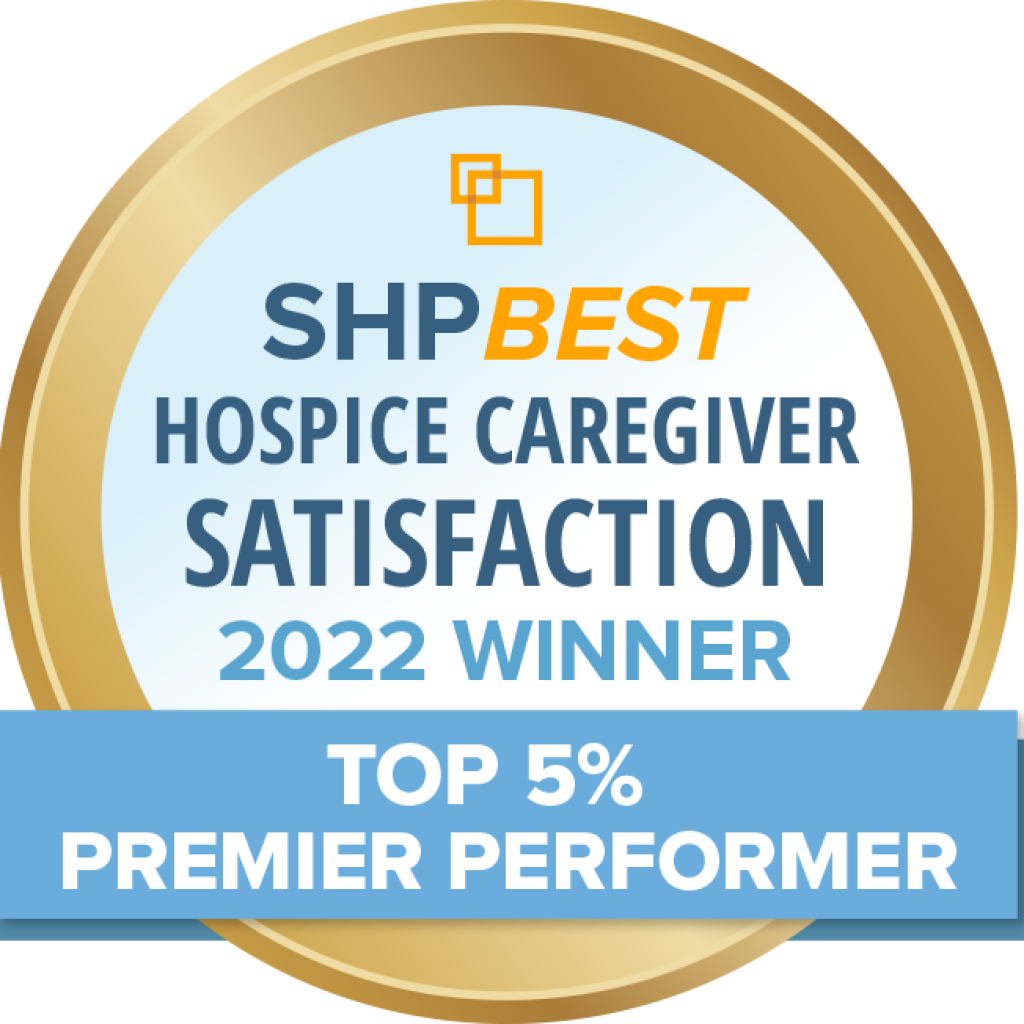AT Home Care is One of Only Five Home Health Nursing Agencies to Offer “VitalStim” Therapy to Help Patients Learn to Swallow
More than 15 million Americans have moderate to severe difficulty swallowing (dysphagia). In over 50% of the cases, dysphagia is a result of strokes or radiation treatments to treat throat cancer. Parkinson’s disease is another cause of swallowing difficulties. Thankfully, medical technology has developed a device which delivers neuromuscular electronic stimulation, known as Vital Stim, to specific muscles in the neck which acts to jump start them into functioning at an improved level. This non invasive treatment has been approved by the FDA.
“More than 15 million Americans have moderate to severe difficulty swallowing”
AT Home Care has specially trained Speech Language Pathologists who are certified to perform this therapy. In conjunction with other speech therapy, muscles are reeducated and swallowing efficiency is improved. Electrodes are gently placed on the front of the patient’s neck. A carefully measured electrical current is administered to targeted nerves. The current produces neural stimulation, which creates a muscle contraction that facilitates swallowing. Through repetition and specific therapeutic exercises and strategies, the patient’s muscles relearn how to swallow independently.
Trish Ginn, a speech pathologist with AT Home Care, treated a patient recently who had suffered from a stroke. She had been using a PEG feeding tube for years and never thought she would enjoy food again. After only a month of Vital Stim therapy, in conjunction with specialized therapy, she was able to swallow soft food. “The rewards are immense for these patients”, Ginn said. “Sometimes it is only a pleasure feeding just so that the patient can enjoy their sense of taste again. Each patient requires different amounts therapy”, she added.
Vital Stim, which began only 8 years ago is gaining more popularity as doctors see the results and the success stories become prolific. Home health care companies such as At Home care must devote the appropriate resources to training their clinicians to be successful. For AT Home Care, the time dedicated to training has been well worth it in outstanding patient moral and outcomes.



